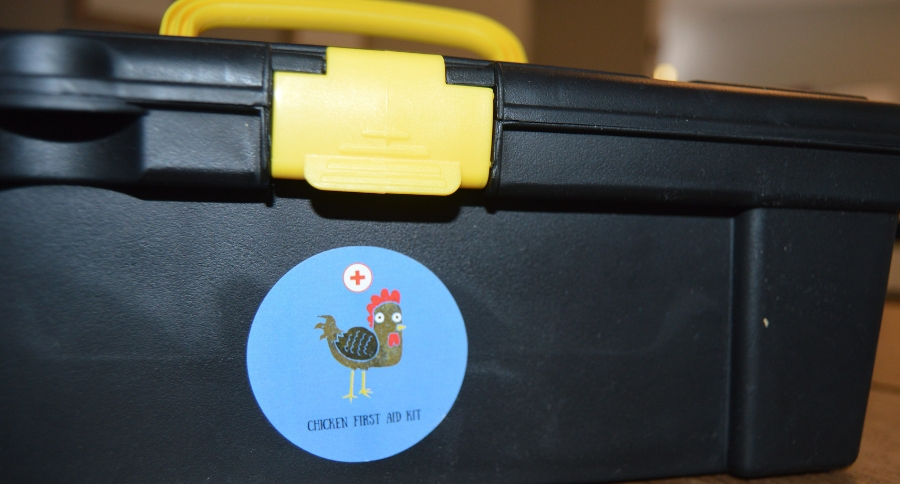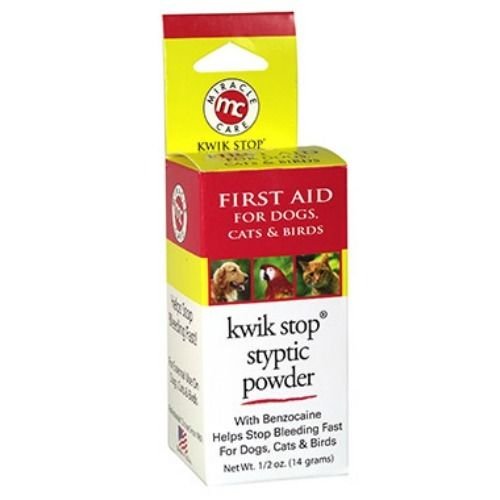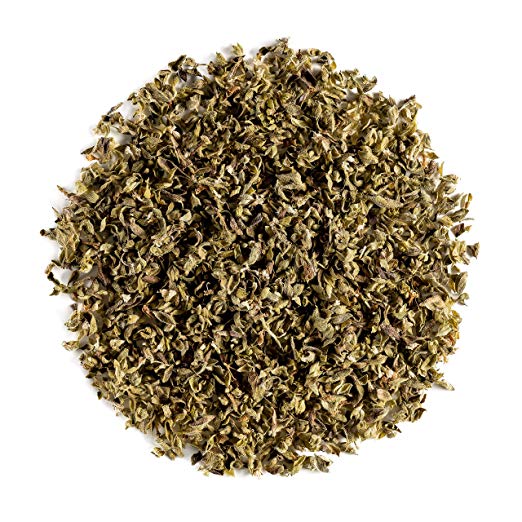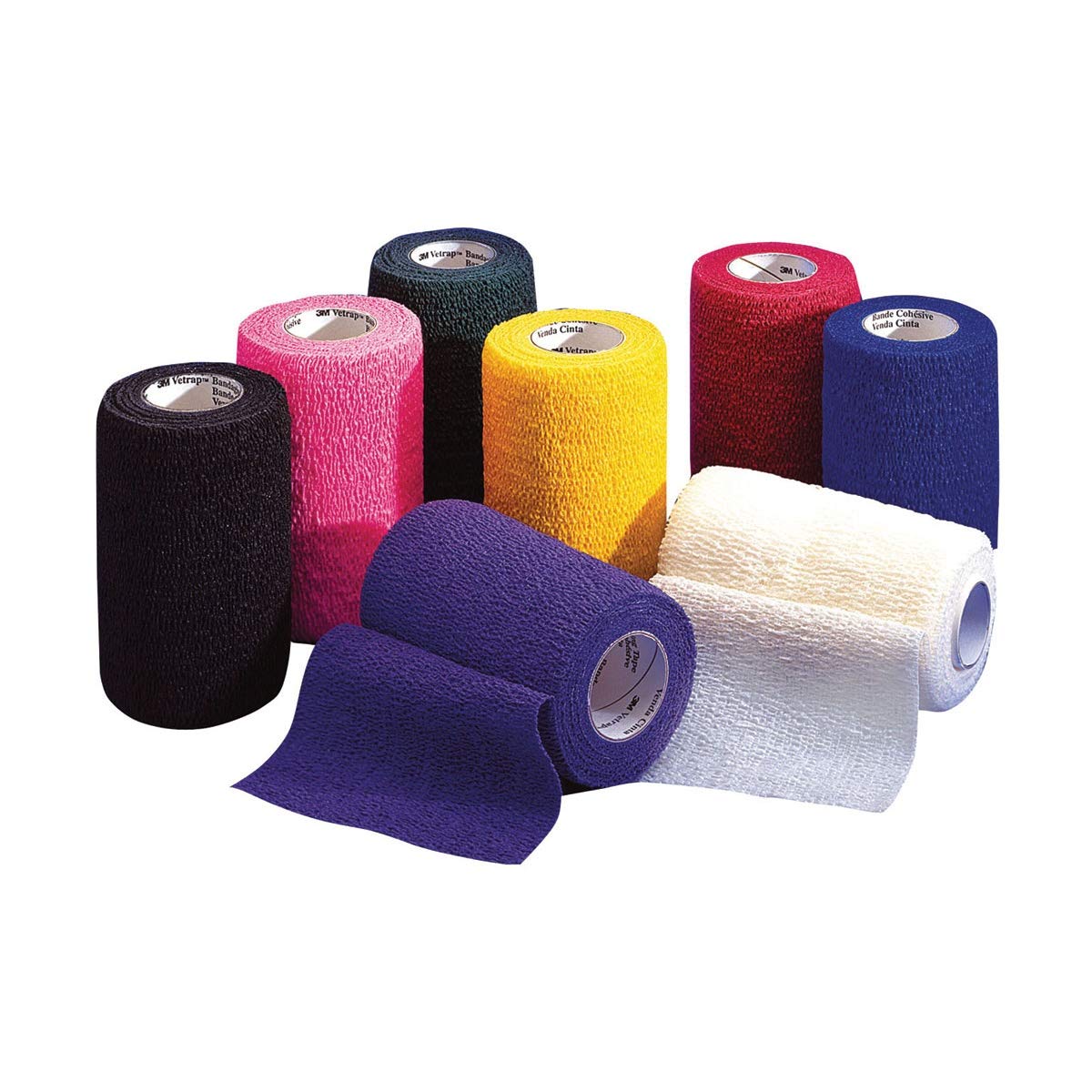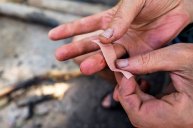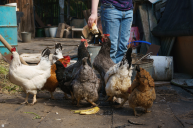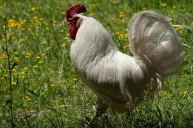As a chicken keeper, a lot of the first aid you learn in the beginning includes wound care and respiratory issues. Parasites, illnesses, dehydration, and predators are the other top reasons having a first aid kit is really important. Don't wait until after you have chickens! Odds are if you don't have a kit ready, that when an injury happens! Having a kit ready can make the difference between saving your chicken or possibly losing them.
Some issues you can tackle proactively with rinses or wraps and herbs make a big difference in keeping your flock healthy, too. (Avoid any wheezing and coughing). I keep some dried herbs in my chicken first aid kit (basil, ginger, and dandelion). There are so many ways to administer herbs but for chickens using them directly into the feed works best. You can also create a wash and rinse for skin injuries if someone gets pecked! This can be therapeutic for a hen.
Also, our roo recently had frostbite on his comb! This can be managed with some ointment (Green Goo!) and we included a product in our list below. Remember to put your sick chicken in your "hospital" wing until they're all healed up! This can be as simple as a dog crate or small rabbit hutch. We hope these five essential items help you create your DIY chicken first aid kit!
1. Miracle Care Kwik Stop Styptic Powder Benzocaine Bleed Stop
Whether your roo has frostbite or a hen was pecked by another chicken (bully) and her comb is bleeding, Kwik Stop is a lifesaver to stop bleeding in seconds. Available for $18.98.
2. Vetericyn Plus Antimicrobial Poultry Care Spray | Wound Spray for Chickens
One of the hens had what appeared to be a cut on her comb and this spray is our go to and a must have for your first aid kits. Available for $20.19. This can be used for cleaning your chicken's cuts, scrapes, pecking sores, and more.
3. Green Goo All-Natural Skin Care Ointment, Animal First Aid
Our roo's comb is covered in Green Goo as his large comb has frostbite and looks sore. Available for $12.94.
Thank you Fresh Eggs Daily as this advice about Green Goo saved our chicken,
"An antibacterial/anti-fungal topical salve for abrasions, cuts, scrapes and use as a first aid dressing. A natural alternative to Neosporin, that can be used on chickens, ducks, cats, dogs, horses, and humans to help speed up the healing process and prevent infection."
4. Oregano Organic Spice Gourmet Herb
Offer fresh or dried Oregano as a treat. Chicken keepers have used this as a natural antibiotic for their flocks for many years. We offer it as a free choice herb that I add to a bowl and put in their coop! Available for $15.00.
5. Vetrap Bandage
As a certified veterinary technician, I've used a lot of Vetrap over the years. You'll find this useful even with chickens! It doesn't stick to fur and feathers only to another strip of Vetrap. You may need to wrap an injured leg or cover up an area so it's not bothered. Available for $5.61.
This is also known as vet wrap. Other items to consider? Disposable gloves, super glue, VetRX (for respiratory issues), Blu-Kote (to disguise blood on combs or wattles so no one is pecked), gauze pads, nail clippers for sharp nails, nail file, Sav-A-Chick electrolytes, Epsom salt (foot soaks), and triple antibiotic ointment!
Raising chickens is wonderful until you have an injured chicken and a veterinarian isn't willing to come over and help you! Serious issues that do require vet attention include egg binding where the egg is possibly stuck and a broken beak that needs immediate attention by an expert.
There are may backyard chicken forums on Facebook including Official Backyard Chickens BYC that are a fabulous resource for first-time chicken keepers. If a predator attack occurs, folks even post pictures asking the forum and experts how to handle certain injuries.
Do you have a first aid kit for your chickens? What do you keep in your kit? Please leave us a comment and let us know!
WATCH NOW: How to Have the Best Tasting Eggs from Your Backyard Chickens
